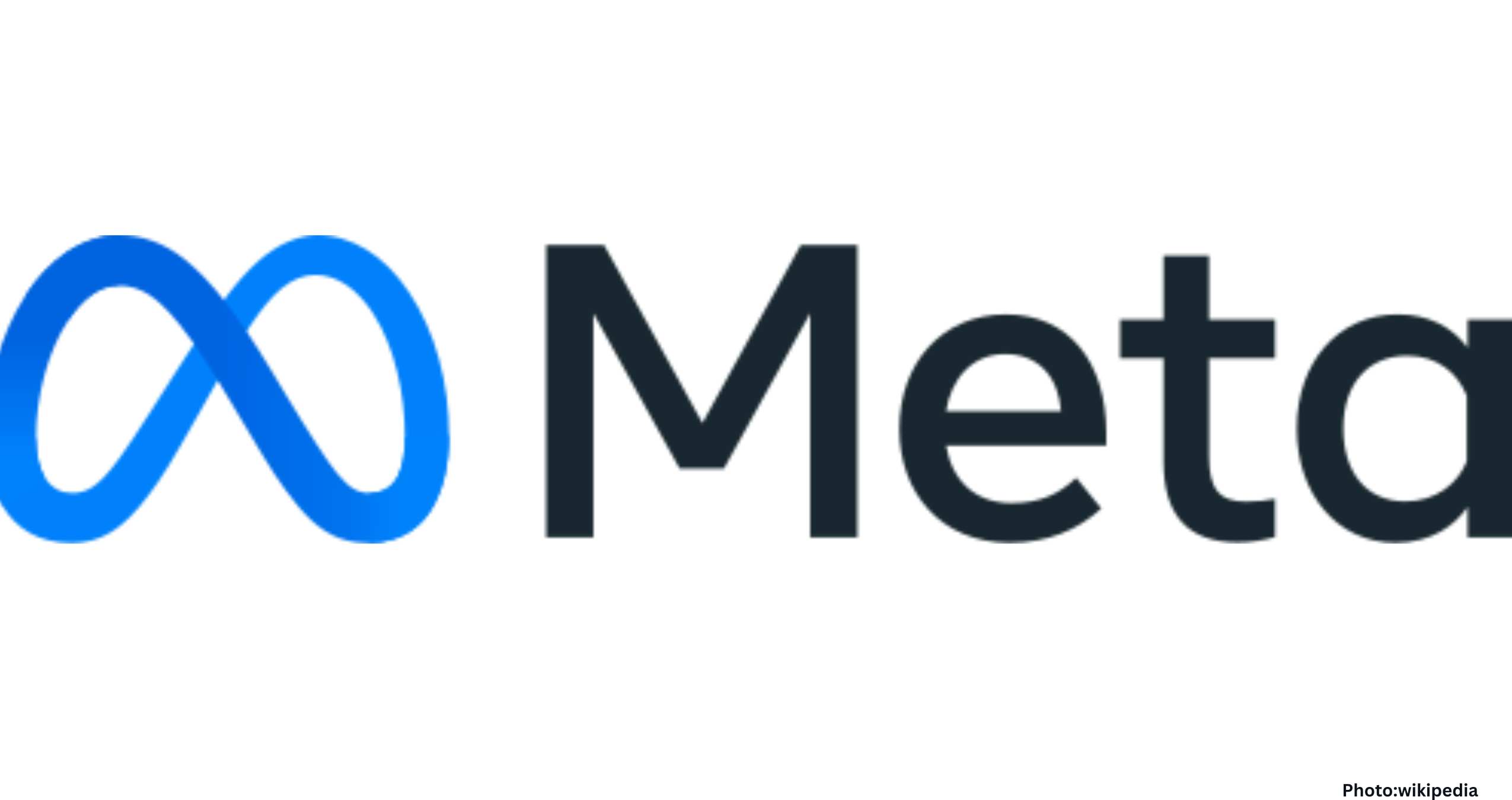Meta, the parent company of Facebook, has reportedly earned a significant portion of its revenue from fraudulent advertising, raising concerns about user safety and regulatory scrutiny.
Meta, the parent company of Facebook, has come under fire for allegedly profiting from fraudulent advertising. Internal documents reviewed by Reuters indicate that the company projected it would generate approximately 10% of its overall annual revenue—around $16 billion—from running ads for scams and banned products.
For at least three years, Meta has struggled to identify and eliminate a surge of advertisements that have exposed its vast user base across Facebook, Instagram, and WhatsApp to fraudulent e-commerce schemes, illegal online casinos, and the sale of prohibited medical products.
In response to these revelations, Meta spokesman Andy Stone stated that the documents present a “selective view” that misrepresents the company’s approach to combating fraud and scams. He emphasized that the assessment was intended to validate Meta’s planned investments in integrity and fraud prevention.
Stone asserted, “We aggressively fight fraud and scams because people on our platforms don’t want this content, legitimate advertisers don’t want it, and we don’t want it either.” He noted that over the past 18 months, Meta has reduced user reports of scam ads globally by 58 percent and has removed more than 134 million pieces of scam ad content in 2025 alone.
However, the internal documents reveal a troubling reality: Meta’s own research suggests that its platforms have become integral to the global fraud economy. A presentation by the company’s safety staff in May 2025 estimated that Meta’s platforms were involved in a third of all successful scams in the United States.
An internal review conducted in April 2025 concluded that it is easier to advertise scams on Meta platforms than on Google. The documents indicate that, on average, Meta displays an estimated 15 billion “higher-risk” scam advertisements—those clearly indicative of fraud—each day. This category of scam ads reportedly generates about $7 billion in annualized revenue for the company.
The findings highlight the complex tension between platform growth, monetization, and user safety. While Meta emphasizes its ongoing investments in fraud prevention and reports measurable reductions in scam content, the scale of the problem underscores the significant challenges of enforcement and oversight.
These revelations illustrate a broader challenge faced by social media companies: balancing profit motives with the responsibility to protect users and maintain trust. As regulators increasingly scrutinize how platforms manage high-risk content, public awareness of the dangers posed by deceptive online practices continues to grow.
As Meta races to compete with other tech giants, the regulatory pressure to enhance its efforts against scams intensifies. The company is reportedly investing heavily in artificial intelligence, with plans for up to $72 billion in overall capital expenditures this year.
Ultimately, the situation surrounding Meta serves as a cautionary tale about the consequences of rapid platform growth without robust safeguards. It emphasizes the urgent need for transparency, accountability, and ongoing technological and policy interventions to protect users from fraudulent activities.
Source: Original article

